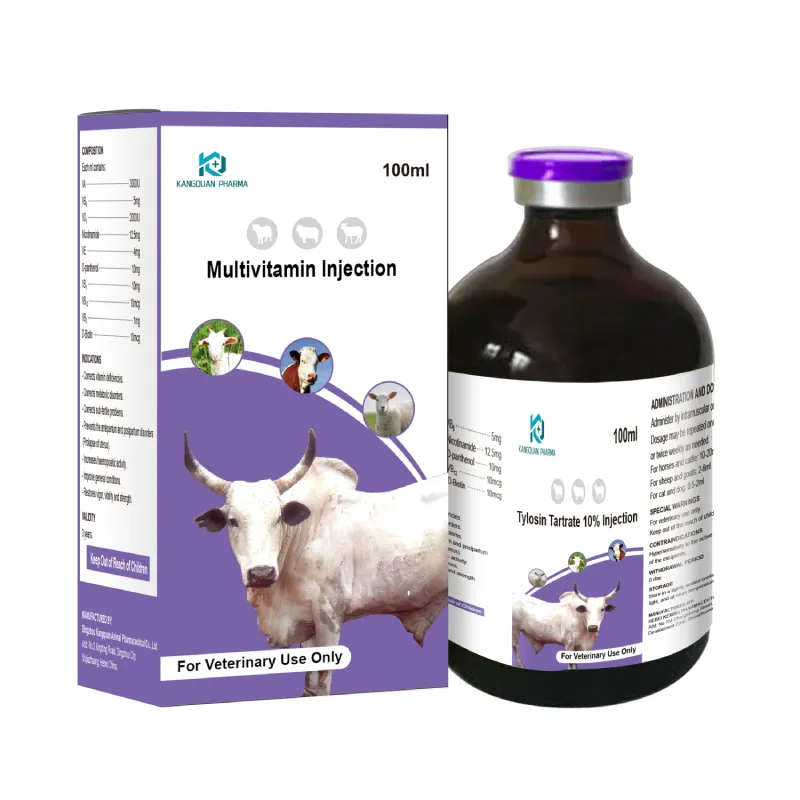- Afrikaans
- Albanian
- Amharic
- Arabic
- Armenian
- Azerbaijani
- Basque
- Belarusian
- Bengali
- Bosnian
- Bulgarian
- Catalan
- Cebuano
- Corsican
- Croatian
- Czech
- Danish
- Dutch
- English
- Esperanto
- Estonian
- Finnish
- French
- Frisian
- Galician
- Georgian
- German
- Greek
- Gujarati
- Haitian Creole
- hausa
- hawaiian
- Hebrew
- Hindi
- Miao
- Hungarian
- Icelandic
- igbo
- Indonesian
- irish
- Italian
- Japanese
- Javanese
- Kannada
- kazakh
- Khmer
- Rwandese
- Korean
- Kurdish
- Kyrgyz
- Lao
- Latin
- Latvian
- Lithuanian
- Luxembourgish
- Macedonian
- Malgashi
- Malay
- Malayalam
- Maltese
- Maori
- Marathi
- Mongolian
- Myanmar
- Nepali
- Norwegian
- Norwegian
- Occitan
- Pashto
- Persian
- Polish
- Portuguese
- Punjabi
- Romanian
- Russian
- Samoan
- Scottish Gaelic
- Serbian
- Sesotho
- Shona
- Sindhi
- Sinhala
- Slovak
- Slovenian
- Somali
- Spanish
- Sundanese
- Swahili
- Swedish
- Tagalog
- Tajik
- Tamil
- Tatar
- Telugu
- Thai
- Turkish
- Turkmen
- Ukrainian
- Urdu
- Uighur
- Uzbek
- Vietnamese
- Welsh
- Bantu
- Yiddish
- Yoruba
- Zulu
9 月 . 24, 2024 09:45 Back to list
Albendazole Tablets for Effective Deworming Treatment in Humans and Animals
Understanding Albendazole The Deworming Tablet
Albendazole is a widely used medication in the treatment of parasitic infections. Belonging to the benzimidazole class of drugs, it is effective across a variety of parasitic worms, including roundworms, hookworms, and tapeworms. This article will delve into what albendazole is, how it works, its uses, dosage, side effects, and some important considerations.
What is Albendazole?
Albendazole is an anthelmintic drug, meaning it is specifically designed to kill parasites. Initially introduced in the late 1970s, it has become a cornerstone in the global fight against worm infestations. The drug is available in various forms, including tablets, suspensions, and chewable formulations — making it accessible to different age groups, including children.
How Does Albendazole Work?
The primary mechanism of action of albendazole involves disrupting the parasite's ability to absorb glucose. This depletes its energy stores, ultimately leading to the death of the worm. Furthermore, albendazole affects the microtubule formation within the parasites, which hinders their mobility and reproductive capabilities. As a result, the drug not only clears existing infections but also prevents further spread.
Uses of Albendazole
Albendazole is prescribed for an array of parasitic infections. It is commonly used to treat conditions such as
- Ascariasis Infection caused by the roundworm Ascaris lumbricoides. - Hookworm infections Resulting from parasites like Ancylostoma duodenale and Necator americanus. - Giardiasis A gastrointestinal infection caused by the parasite Giardia lamblia. - Cysticercosis A serious infection caused by the larval form of the pork tapeworm Taenia solium.
Public health initiatives often incorporate albendazole in mass deworming programs, particularly in areas where soil-transmitted helminths are prevalent
.albendazole deworming tablet

Dosage
The dosage of albendazole varies based on the type of infection being treated, the patient’s age, and overall health. For adults and children over two years old, a typical dose ranges from 400mg to 800mg for a single treatment. However, it is crucial to follow a healthcare provider’s prescription for precise dosing.
Side Effects
While albendazole is generally well-tolerated, it can cause some side effects, including
- Nausea - Vomiting - Abdominal pain - Headache - Dizziness
In rare cases, severe allergic reactions or liver damage might occur. It is essential to consult a healthcare professional if any unusual symptoms manifest shortly after taking the medication.
Important Considerations
Before starting treatment with albendazole, individuals should inform their healthcare provider of any pre-existing health conditions, particularly liver disease, as the drug is metabolized in the liver. Additionally, pregnant or breastfeeding women should consult their doctor before using albendazole due to potential risks to the fetus or infant.
Conclusion
In conclusion, albendazole is a crucial tool in combating parasitic infections worldwide. Its effectiveness, combined with low cost and accessibility, makes it a staple in public health campaigns aimed at reducing the burden of worm diseases. Awareness and education about albendazole can significantly improve health outcomes, particularly in endemic regions. When used responsibly and under proper guidance, albendazole has the potential to improve countless lives by eradicating debilitating parasitic infections.
-
The Power of Radix Isatidis Extract for Your Health and Wellness
NewsOct.29,2024
-
Neomycin Sulfate Soluble Powder: A Versatile Solution for Pet Health
NewsOct.29,2024
-
Lincomycin Hydrochloride Soluble Powder – The Essential Solution
NewsOct.29,2024
-
Garamycin Gentamicin Sulfate for Effective Infection Control
NewsOct.29,2024
-
Doxycycline Hyclate Soluble Powder: Your Antibiotic Needs
NewsOct.29,2024
-
Tilmicosin Premix: The Ultimate Solution for Poultry Health
NewsOct.29,2024













